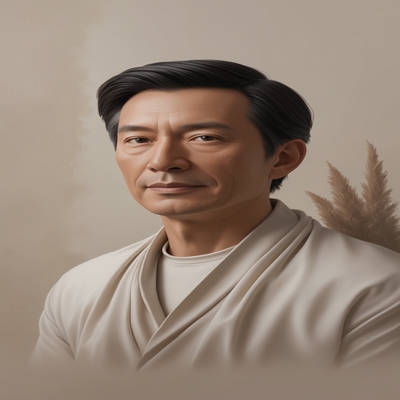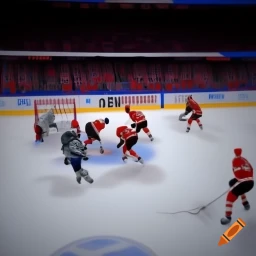Hockey, a fast-paced and exhilarating sport, has captivated fans worldwide with its dynamic gameplay and intense competition. One question that often arises among those new to the sport or curious observers is, “How long is a hockey game?”
The answer involves various factors that contribute to the duration of a match, from regular playtime to potential overtime periods. In this exploration, we will delve into the intricacies of a hockey game’s duration, shedding light on the regulations and scenarios that influence the thrilling experience of this beloved sport. So, buckle up as we navigate through the timekeeping nuances of a hockey game and uncover the elements that make it a captivating spectacle on the ice.
How many minutes is a full-length hockey game?
In the realm of hockey, a conventional full-length game, such as those in the National Hockey League (NHL), is structured into three periods, each with a core playing time of 20 minutes. Yet, considering interruptions like stoppages, intermissions, and breaks, the total duration surpasses the nominal 60 minutes. Variables like penalties, timeouts, and referee reviews introduce fluctuations, leading to a comprehensive game time ranging from approximately 2 to 2.5 hours.
Is hockey played in 2 or 3 periods?
Hockey is conventionally played in three periods, each serving as a distinct segment within the game structure. This tripartite division allows for strategic shifts, player rotations, and dynamic gameplay across the entirety of the match. This format, widely adopted in leagues like the National Hockey League (NHL), contributes to the pacing and excitement of the sport, offering intervals for team adjustments and fostering a strategic ebb and flow throughout the entirety of the game.
Why is hockey 3 periods?
Hockey is divided into three periods for practical and strategic reasons. This format allows teams to regroup, make tactical adjustments, and provide a natural break in the game for both players and spectators. It enhances the overall flow of the match, offering a dynamic and strategic dimension to the sport.
Why do hockey games take so long?
Hockey games can extend in duration due to various factors such as stoppages, penalties, timeouts, and reviews by officials. These interruptions, combined with intermissions and breaks between periods, contribute to the overall length of the game, which can range from around 2 to 2.5 hours, making it longer than the nominal playing time of 60 minutes.
What is the longest hockey game ever played?
In the realm of hockey lore, the lengthiest game transpired in 1936 between the Detroit Red Wings and the Montreal Maroons. Spanning six overtime periods, this marathon contest endured for an extraordinary 116 minutes and 30 seconds. The decisive goal by Mud Bruneteau sealed a historic 1-0 victory for Detroit, etching this epic clash into the annals of the sport’s history.


